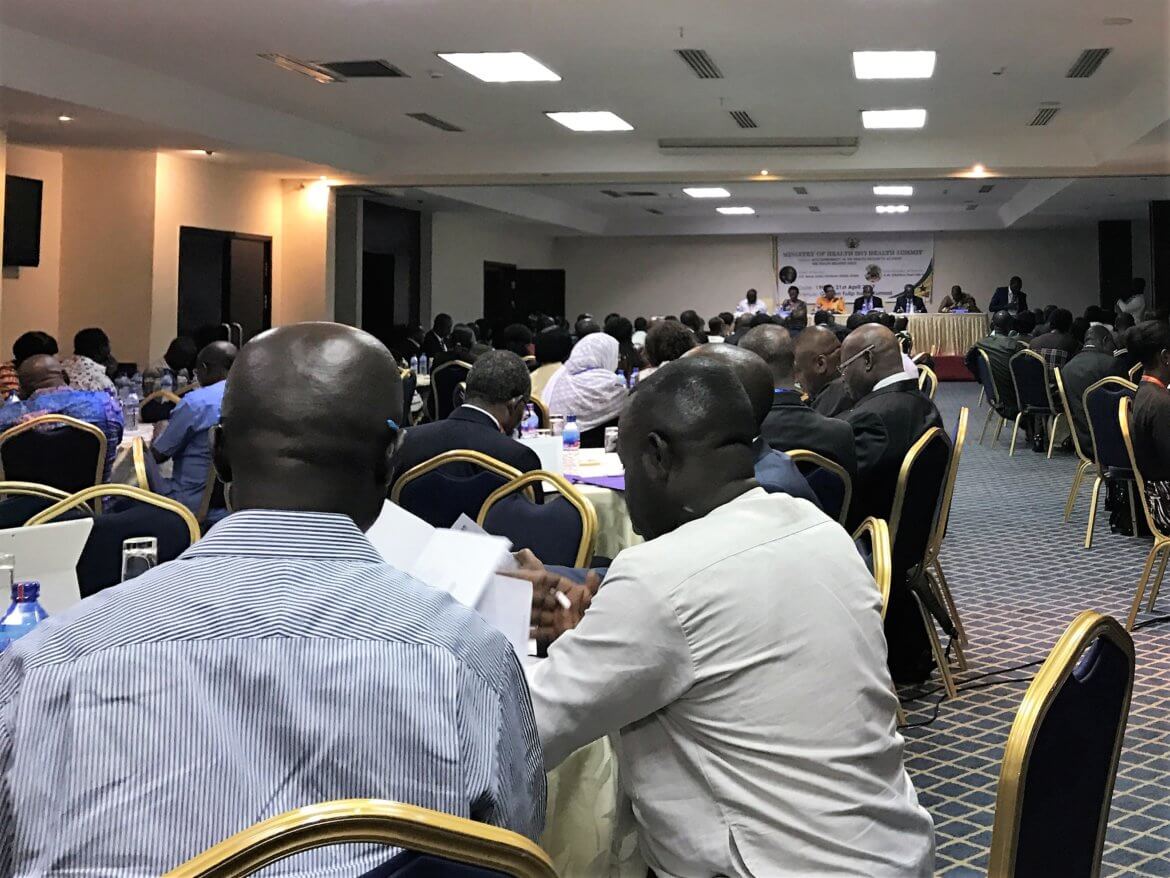In Africa, the burden of communicable diseases, maternal and child morbidities and mortalities is fast shifting towards chronic non- communicable diseases, giving rise to a phenomenon known as “double burden of illness”. Given that few domestic resources are allocated to health, and externally provided funds are committed to siloed disease programmes, there is an urgent need to develop practical and evidence-informed strategies to make every domestic dollar stretch further and make progress towards reducing avoidable burden of illness.
The recent report by the International Decision Support Initiative (iDSI) goes some way towards making the case for Health Technology Assessment (HTA) mechanisms in SSA to support more effective resource allocation when tackling this double burden. Hypertension was chosen as the case study, given its relatively high and growing prevalence in Ghana reaching up to 48% . An economic evaluation was undertaken based on an adaptation of a model developed for the 2006 update of the NICE guideline on hypertension management.
Seven key messages arise from this analysis, which made use of local Ghanaian data and policy-maker engagement:
1. Within the Ghanaian National Health Insurance remit, prescribing diuretics is estimated to cost an additional GH¢642 per DALY averted compared to no intervention.
2. Incremental cost per DALY avoided for Calcium Channel Blockers compared with diuretics is GH¢32,482.
Over the next 5 years Ghanaian authorities can
3. Save up to GH¢ 25,000,000, if they negotiate only a 10% reduction in average drug prices.
4. Save up to GH¢ 18,000,000 by encouraging only a 10% prescription shift from Calcium Channel Blockers to Diuretics, where clinically appropriate.
5. Save up to GH¢ 5,000,000 by encouraging a 10% shift from other drug classes to diuretics, where clinically appropriate.
6. Provide diuretic treatment to all patients with diagnosed but untreated hypertension using only a fraction of savings above (GH¢ 5,900,000) and can generate a net gain of 46,000 extra DALYs averted
Last but not least…
7. This report is an example of the value of being able to share HTA knowledge more freely, specifically executable economic models that can be adapted to local contexts. It demonstrates the positive impact of having open access sources for HTA knowledge dissemination on major health policy challenges worldwide.
To view the details of iDSI Ghana work including analytics, assumptions, and the data behind these key messages, download the report or view it here.
